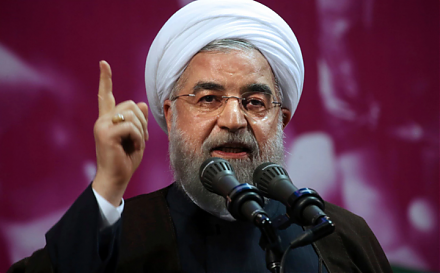

2019-07-13 07:17:00 Sat ET
technology antitrust competition bilateral trade free trade fair trade trade agreement trade surplus trade deficit multilateralism neoliberalism world trade organization regulation public utility current account compliance
Japanese prime minister Shinzo Abe outlines the main economic priorities for the G20 summit in Osaka, Japan. First, Asian countries need to forge the key Regional Comprehensive Economic Partnership (RCEP) for both free and fair trade in China, India, Japan, South Korea, Australia, New Zealand, and the 10 members of the Association of South East Asian Nations (ASEAN). This Asian trade bloc promotes sound and efficient trade relations as China, India, and Japan lead the mainstream consensus views on economic integration, financial stabilization, and intellectual property protection.
Second, Asian countries must help ensure the safe and free flows of data via digital networks. With respect to this recent digitization, the socioeconomic ramifications of data flows can rival, or may even surpass, the broader impact of petroleum and the internal combustion engine in the prior century. Third, Japan leads many Asian countries in terms of disruptive innovation that helps tackle global environmental degradation. In the new era of beautiful harmony, the Japanese Abe administration attempts to help reduce carbon emissions with better artificial photosynthesis. This innovative technology contributes to maximum sustainable employment, economic growth, and capital investment accumulation. Overall, the Abe administration hosts the G20 summit for better international trade, data, and environmental protection.
If any of our AYA Analytica financial health memos (FHM), blog posts, ebooks, newsletters, and notifications etc, or any other form of online content curation, involves potential copyright concerns, please feel free to contact us at service@ayafintech.network so that we can remove relevant content in response to any such request within a reasonable time frame.
2018-02-23 09:35:00 Friday ET

Warren Buffett releases his annual letter to Berkshire Hathaway shareholders as of February 2018. Buffett discusses Berkshire's core cash ambition, its
2019-11-17 14:43:00 Sunday ET

New computer algorithms and passive mutual fund managers run the stock market. Morningstar suggests that the total dollar amount of passive equity assets re
2026-01-19 10:30:00 Monday ET

Andy Yeh Alpha (AYA) fintech network platform: major milestones, key product features, and online social media services Introduction
2019-06-13 10:26:00 Thursday ET

The Chinese Xi administration may choose to leverage its state dominance of rare-earth elements to better balance the current Sino-U.S. trade war. In recent
2022-04-15 10:32:00 Friday ET

Corporate investment management This review of corporate investment literature focuses on some recent empirical studies of M&A, capital investm
2018-08-09 16:36:00 Thursday ET

President Trump applies an increasingly bellicose stance toward the Iranian leader Hassan Rouhani as he rejects a global agreement to curb Iran's nuclea